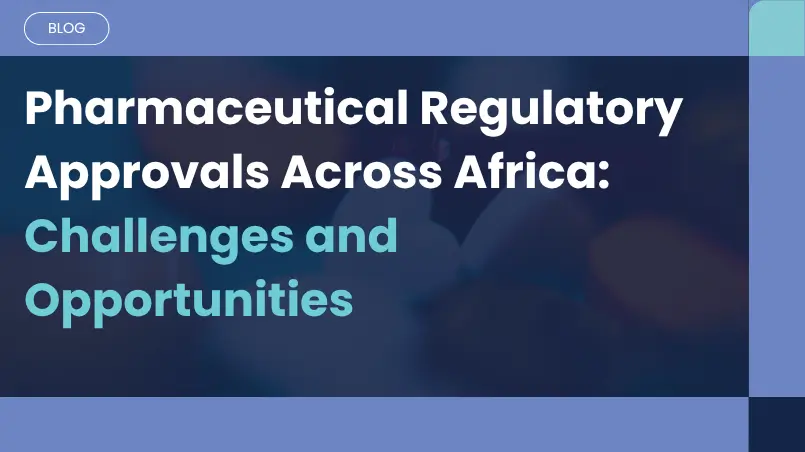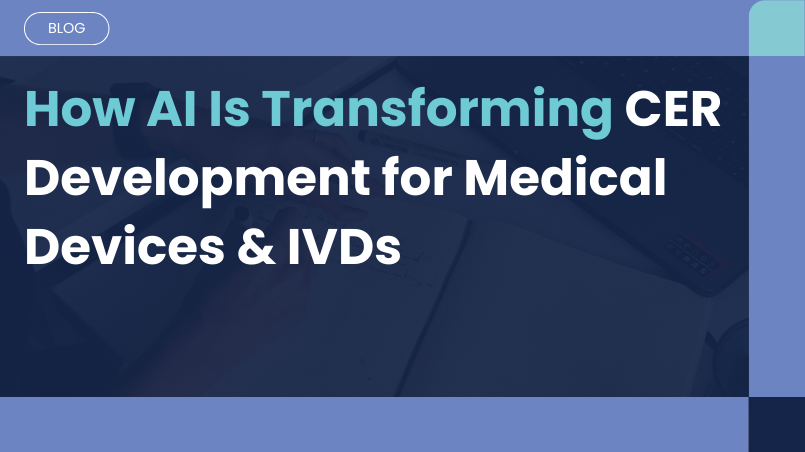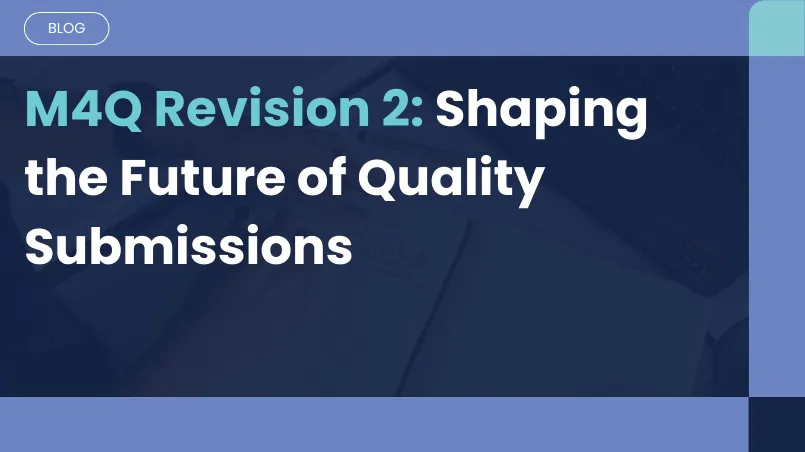Raw Material Compliance in Pharmaceuticals
AI and Data Privacy & Compliance: How is Your Data Protected?
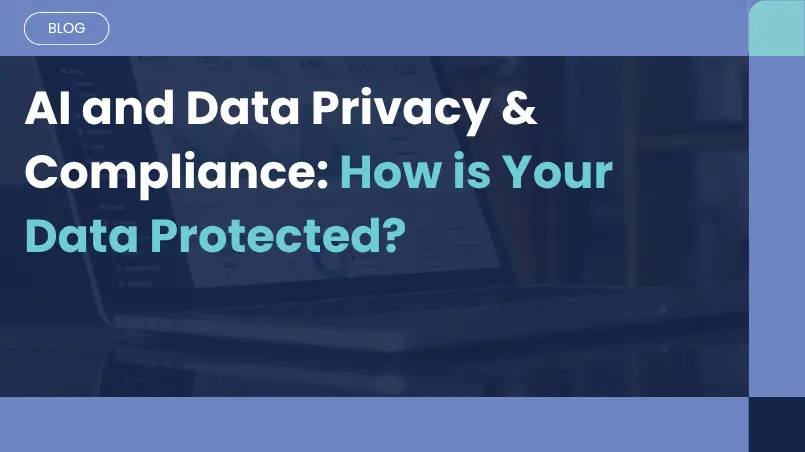
14 Oct, 2025
The adoption of artificial intelligence (AI) in highly regulated sectors such as pharmaceuticals, biotechnology, and medical devices is no longer a question of if, but how. While organizations recognize the efficiency, accuracy, and cost benefits AI brings, concerns about data security and privacy remain paramount. For industries handling sensitive patient information, proprietary research, and regulatory documentation, the question is simple: Can AI be trusted to protect critical data?
This blog explores how a multi-layered, security-first approach to AI can enable organizations to leverage the technology’s benefits without compromising on privacy or regulatory compliance.
The Data Privacy Challenge in AI Adoption
AI adoption introduces new risk vectors that enterprises must address:
- Data exposure through AI processing – Sensitive information could be unintentionally shared with third-party AI providers.
- Regulatory compliance pressures – Companies must align with frameworks like SOC 2, ISO 27001, HIPAA, and GDPR.
- Opaque data handling – Many organizations struggle to understand where data flows, how long it is retained, and who can access it.
- Access management – Growing complexity in ensuring that only authorized users handle restricted data.
Research shows that 73% of executives expect to increase cybersecurity investments due to GenAI-related risks. This highlights that robust security is not optional—it is foundational.
Building a Multi-Layered Security Framework
Certified Infrastructure and Compliance
A secure AI foundation begins with infrastructure. Organizations working in regulated industries must partner with cloud and data providers that undergo regular, independent audits to confirm compliance.
Key certifications and standards include:
- SOC 2 Type II – Validates security, confidentiality, and availability controls.
- ISO 27001 – Establishes structured information security management.
- HIPAA compliance – Ensures protection of healthcare-related information.
- GDPR adherence – Safeguards personal data across the European Union.
Annual reviews and certifications create confidence that AI systems are built on trusted, compliant platforms.
Enterprise-Grade Controls
Beyond infrastructure, enterprises need granular controls for data handling and retention:
- AES-256 encryption to protect data both at rest and in transit.
- Retention policies that allow organizations to choose between zero retention or limited retention periods (e.g., 30 days).
- Regional data residency rules to ensure data never leaves approved jurisdictions.
- Strict access policies where only authorized staff, under just-in-time approval, can access sensitive logs or queries.
These measures ensure that AI deployments meet the same standards of security and governance expected of widely used enterprise platforms such as Outlook or SharePoint.
From Principles to Practice: Celegence’s Approach
At Celegence, we have built our AI-enabled solutions with data privacy, security, and compliance by design. Our approach combines industry best practices with innovations tailored to the challenges of regulatory documentation in life sciences.
How We Handle Data Securely
- We collaborate exclusively with certified data and cloud providers who undergo annual security audits.
- Large language model (LLM) deployments are handled via Microsoft Azure OpenAI, which follows the same data retention protocols as SharePoint and Outlook.
- Importantly, data is never used for training, storage, or secondary processing.
Optimizing LLM Usage with RAG
Regulatory documentation often involves large, complex datasets such as tables and multi-thousand-page reports. Standard LLMs cannot process these efficiently. To address this, Celegence applies:
- Retrieval Augmented Generation (RAG) – Our system conducts a preliminary contextual search so that only the question and relevant text snippets are sent to the model.
- Refined prompting and logic – We optimize what is sent to the LLM, generating higher-quality, context-specific outputs.
- Precise source attribution – RAG allows us to point to the exact paragraph or table supporting the AI’s response.
- Enhanced data handling – We address challenges such as text splitting and table interpretation, which are critical in projects like Clinical Evaluation Reports (CERs).
Trusted Integrations with Strong Compliance
Our workflow integrates two external services under strict controls:
- Unstructured for document data extraction – SOC 2, HIPAA, and GDPR compliant with a zero data retention policy.
- Microsoft/OpenAI for LLM processing – SOC 2, HIPAA, ISO 27001 compliant, with secure transfer protocols and no data retention beyond generating the answer.
- In both cases, data is processed only for the purpose of generating outputs and is not stored. This ensures that our clients retain full control of their proprietary information.
What This Means for Clients
- Confidence that sensitive regulatory data remains protected throughout the AI workflow.
- Practical solutions for working with complex regulatory documents that exceed typical LLM capacity.
- Clear, traceable AI outputs that support compliance with regulatory expectations.
By combining certified infrastructure, advanced RAG methods, and secure integrations, Celegence delivers AI solutions that enable innovation without compromising data protection.
Client Results: Security Without Compromise
By applying these methods, our clients have achieved measurable improvements in their regulatory workflows::
- 50% faster document delivery
- 95% accuracy improvements in regulatory writing tasks
- 30% cost savings in operations
- 30% workload reduction in literature reviews
These outcomes show that a security-first approach not only protects sensitive data but also drives efficiency and value in practice.
Advanced Measures for AI Security
- Access Control & Authentication
- Zero-trust architecture requires verification at each interaction.
- Attribute-based access control (ABAC) for fine-grained permissions.
- Multi-factor authentication (MFA) for all system access.
- Continuous authorization during sessions.
- Data Classification & Policy Enforcement
- Automated classification of sensitive data.
- Dynamic policy enforcement (e.g., blocking or redaction).
- Comprehensive audit trails for every access and usage event.
- Threat Monitoring & Incident Response
- Real-time anomaly detection for suspicious activity.
- Continuous vulnerability assessments.
- Automated containment and remediation protocols.
Meeting Global Regulatory Standards
AI systems in life sciences must align with both data protection regulations and industry-specific compliance frameworks.
- Healthcare: HIPAA, FDA validation for documentation, EU MDR/IVDR.
- Information Security: ISO 27001, SOC 2, FedRAMP (where required).
- Privacy Regulations: GDPR in Europe, CCPA in California, and other regional laws.
This multi-framework alignment ensures that enterprises are compliance-ready across jurisdictions.
Continuous Improvement in AI Security
AI and data privacy are dynamic fields. Enterprises must treat them as ongoing priorities rather than one-time projects.
Commitments should include:
- Annual third-party security audits and continuous monitoring.
- Updates to align with emerging regulations and risks.
- Investments in new approaches like federated learning and privacy-preserving AI.
- Ongoing staff training on security and regulatory compliance.
With these safeguards, organizations can adapt as threats evolve while continuing to benefit from AI-driven innovation.
Conclusion: Security-Enabled AI Innovation
AI is reshaping regulatory compliance, but its adoption in life sciences must begin with trust in data security and privacy. The principles of certified infrastructure, enterprise-grade controls, retrieval-based processing, and strict compliance alignment form the foundation of secure AI adoption.
Celegence demonstrates how these principles work in practice: combining innovation with protection to deliver measurable results for regulated industries. The lesson is clear enterprises do not have to choose between efficiency and security. With the right approach, AI can accelerate compliance while safeguarding the most sensitive data.
Contact us today at info@celegence.com to learn how our experts can help you implement secure, compliant AI solutions for regulatory documentation and data management with confidence.
Other Related Articles
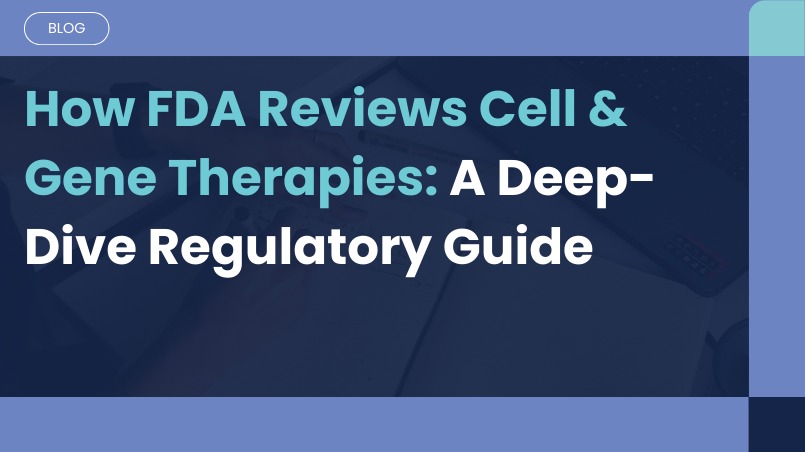
06 Feb, 2026
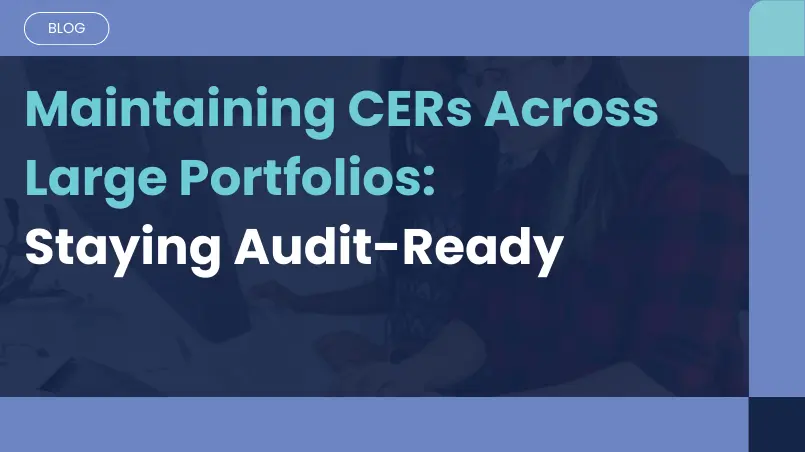
08 Jan, 2026
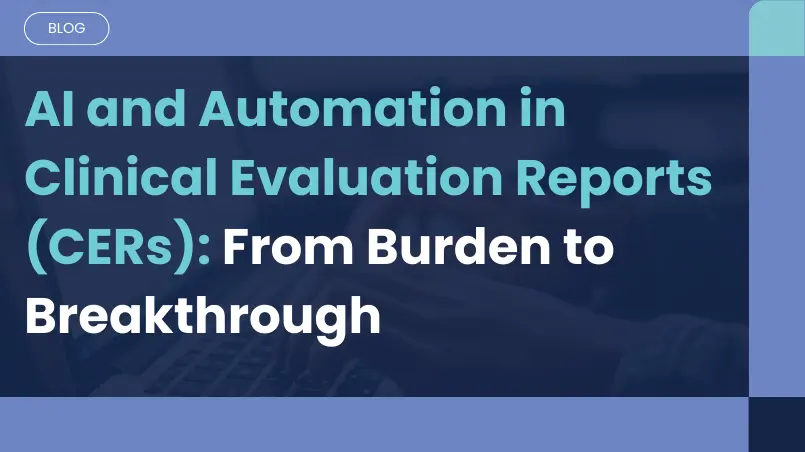
23 Dec, 2025
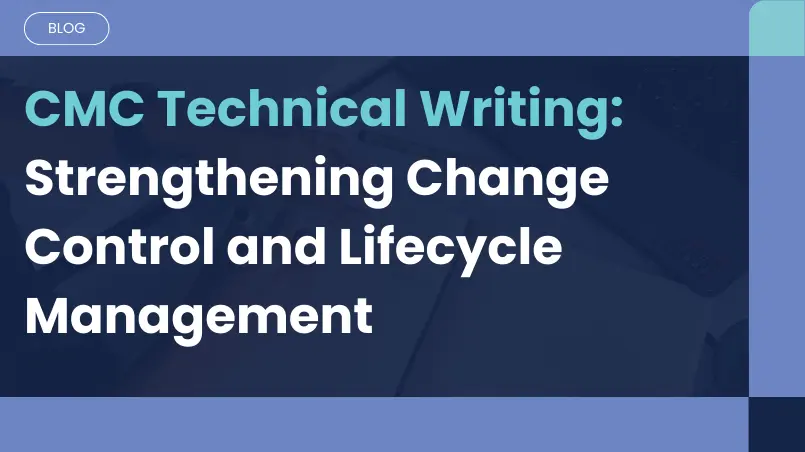
16 Dec, 2025
